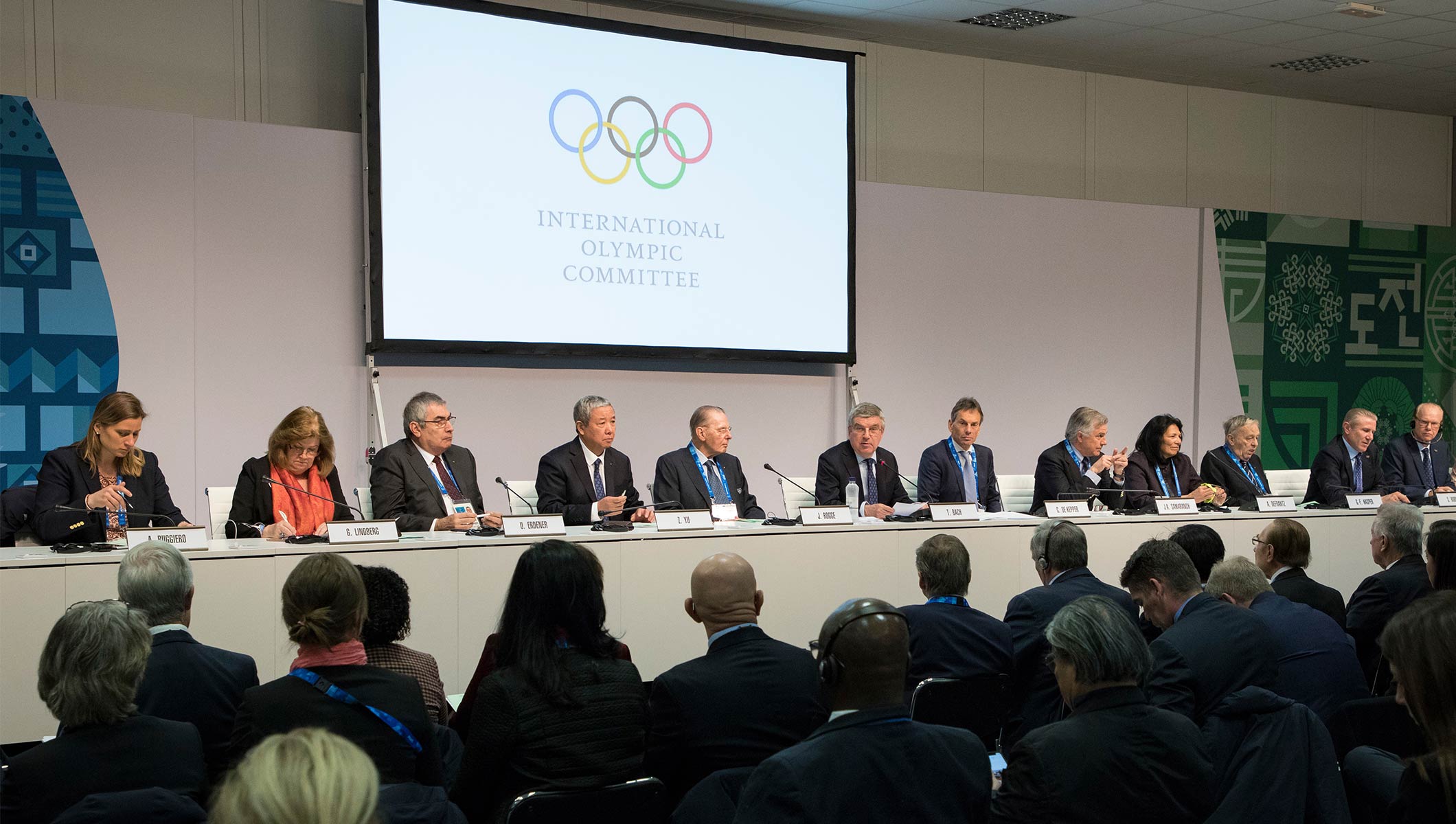
Who governs the Olympic Games?
The much-awaited Tokyo 2020 Olympics were finally up and running, but have you ever wondered how the Olympic Games are governed? This article will provide a brief insight into how the Olympic Games are governed and how disputes in the Olympics are resolved by touching upon the area of International Sports Law.
For international sporting events like FIFA and the Olympic Games, international sports law kicks in. It refers to the principles of international law applicable to sport. International institutions and organizations, including international treaties relating to sports and key policy documents, govern international sporting events.
For the Olympic Games, the governing document is the Olympics Charter. Written by Pierre de Coubertin and first published in 1908, the Olympics Charter codifies the rules and by-laws adopted by the International Olympic Committee (IOC). It addresses the legal status of the IOC and the role of the National Olympic Committees (NOC). The Charter also sets out the fundamental principles of Olympism, including human rights and non-discrimination and the Olympic flag, moto, and symbol.

The IOC, which is an international non-governmental organization, is the final authority on the Olympic Movement. The Executive Board of the IOC carries out legislative functions and enacts the regulations necessary for the complete implementation of the Olympic Charter. While hosting the Olympic Games in their country, the NOCs must comply with the Olympic Charter. The contract was entered into between the IOC and NOC and for instructions from the IOC Executive Board. This reveals that sports law incorporates a variety of different legal fields like contract law, personal injury law, trademark, criminal law, and employment law.
Of much legal importance is how disputes arising from international sporting events are resolved. According to the Olympic Charter, disputes arising from the Olympic Games are submitted to the Court of Arbitration for Sport (CAS). Established by the IOC in 1983, the Court has specialized knowledge in the sports field and resolves sport-related disputes through arbitration. Arbitration is an out-of-court dispute resolution mechanism wherein parties appoint an arbitrator to make a binding decision on their dispute. The dispute matters often include doping, discipline, issues of nationality, advertising sponsorship, etc.
[caption id="attachment_4327" align="alignright" width="243"] Mr. Agapitov[/caption]